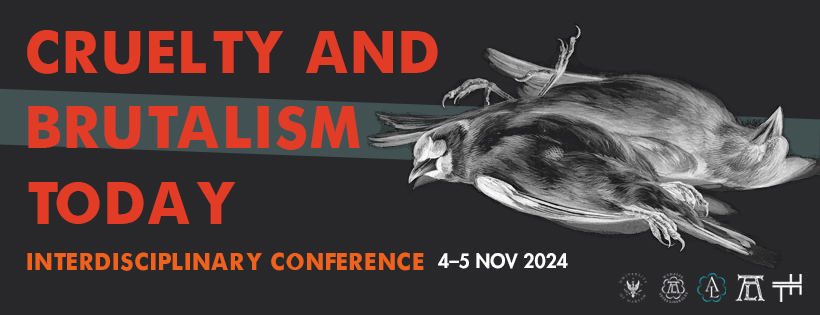Denis Petrina
(Lithuanian Culture Research Institute, European Humanities University in Vilnius)
Abstract:
In his seminal text “Postscript on the Societies of Control”, Deleuze famously proclaims that “the language of control is made of codes”. In this presentation, I draw heavily on queer theory, where the heteronormative arrangement of society is understood as “coding of sexuality” (Cockayne 2017), to problematize the normative, and thus cruel, implications of code as “the language of control”. In his formulation of biopolitics, Foucault distinguishes between disciplinary norms and biopolitical normalization, the latter characterized by its immanent nature, processuality, and modulation. Within the monstrous coupling of ever-growing digital governance techniques and the neoliberal regime, often referred to as cybercapitalism, coding takes the form of affective modulation, molding, and management (Lazzarato), marking a decisive break from the panopticon to the panopsychon, as extensively argued by Byung-Chul Han. Despite its neutral or even progressive appearance, this pervasive, control-driven governmentality permeates both the body and the mind, reaching into arguably most intimate domains of its recipients – their brains, as illustrated by Warden Neidich, who exemplifies the new modus operandi of digital control through the governance of the prefrontal cortex via meticulously coded “assemblages of attraction”. Meanwhile, Patricia Clough emphasizes the paradoxical nature of control, astutely noting that it operates without the need of targeting a particular subject. The presentation encompasses the designated problematic field, viewing coding and codes as (a) mechanisms of digital and social regulation, (b) tools of translation of the analog affective into the digital, and, ultimately, (c) as an epistemological principle of normalization underpinning the latent yet cruel “semiotics of exploitation”.
Bio:
Denis Petrina (he/him) is a Researcher at the Lithuanian Culture Research Institute (Department of Contemporary Philosophy) and a Scientific Fellow at European Humanities University (Vilnius). He has successfully defended his doctoral dissertation on philosophical interpretations and biopolitical implications of the notion of affect (Vilnius, Lithuania, 2022). His research interests include affect theory, new materialism and speculative epistemologies in both media and philosophical contexts, digital studies, posthumanism, queer and sexuality studies.
